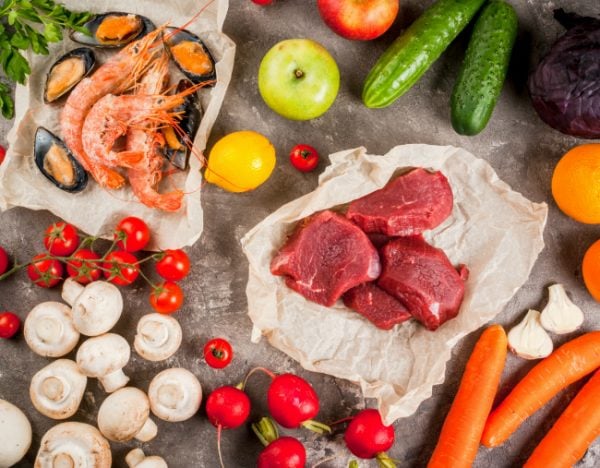By Linda McSweeny, University of Melbourne.
Counter to the stereotypical assumptions of kale-worshipping gym-junkies, many Australian Paleo dieters are sufferers of lingering, and at times chronic, disease.
In her new book, Illness, Identity, and Taboo among Australian Paleo Dieters, Dr Catie Gressier, a University of Melbourne anthropologist, recounts stories of people struggling with chronic illness and obesity who have embraced the Paleo diet, and in turn, connected with each other.
Paleo, also known as the caveman diet, involves eating meat, fish, eggs, nuts, vegetables and fruit, to emulate the diets of our pre-agricultural ancestors. It was the most frequently Googled diet in 2013 and 2014.
Its premise is that our bodies have not significantly evolved since the Palaeolithic period, resulting in a mismatch between our hunter-gatherer genetic inheritance and contemporary diets and lifestyles.
The Paleo diet has attracted criticism in the media and public health circles for its restrictive regime and association with controversial alternative health practices, yet its popularity continues unabated.
Living paleo.
Dr Gressier spent two years conducting research with Paleo dieters in Melbourne’s inner north, Sydney’s Northern Beaches and online, to better understand who is taking up the diet, and why it has struck such a chord at this moment in time.
Using an ethnographic approach, Dr Gressier hung out, cooked, ate and talked at length with Paleo dieters. She attended numerous events and workshops, engaged with hundreds of Paleo dieters on social media, spent a month eating strictly Paleo, and conducted more than forty interviews with dieters, doctors, nutritionists and alternative health practitioners.






























































































